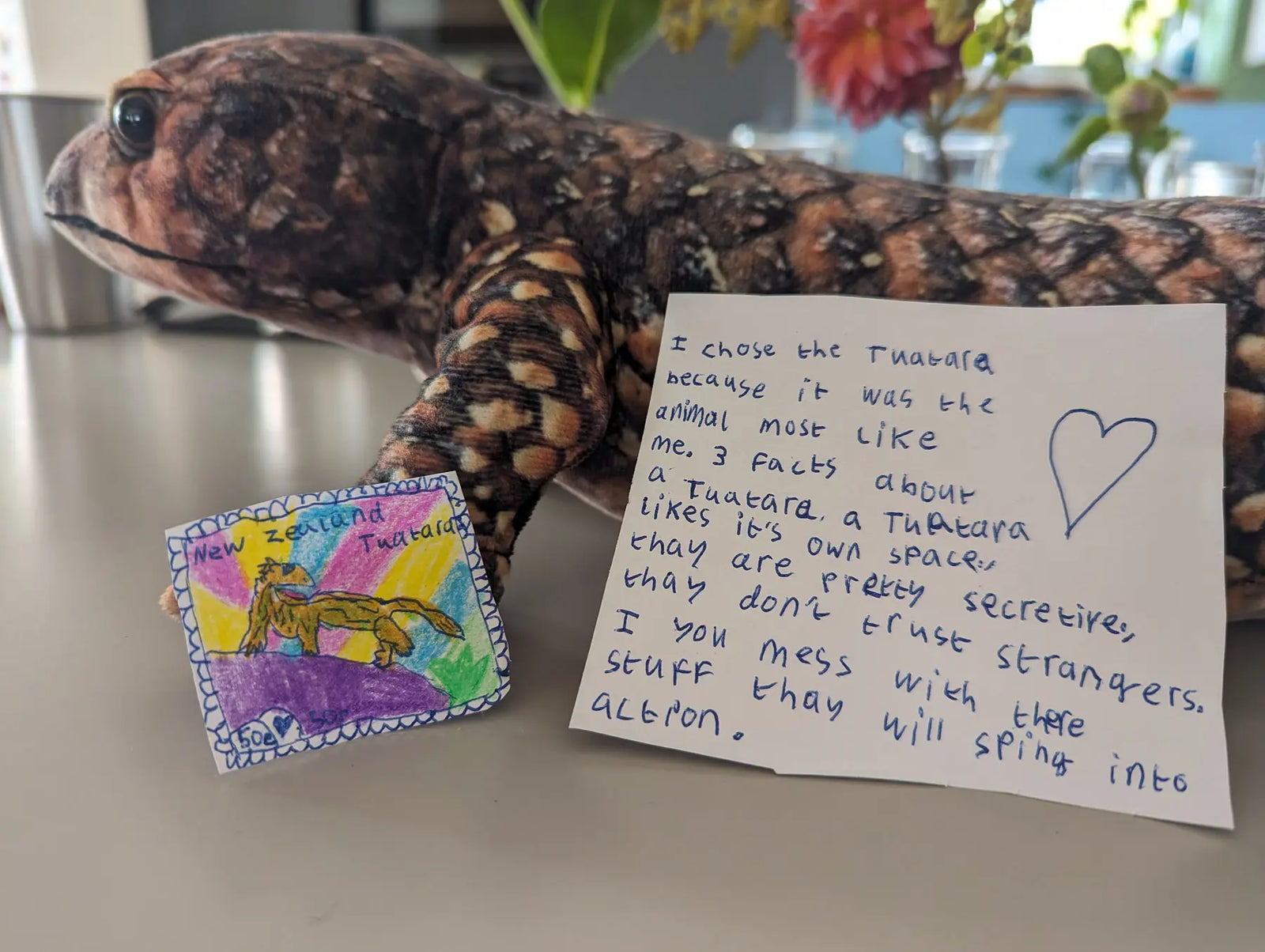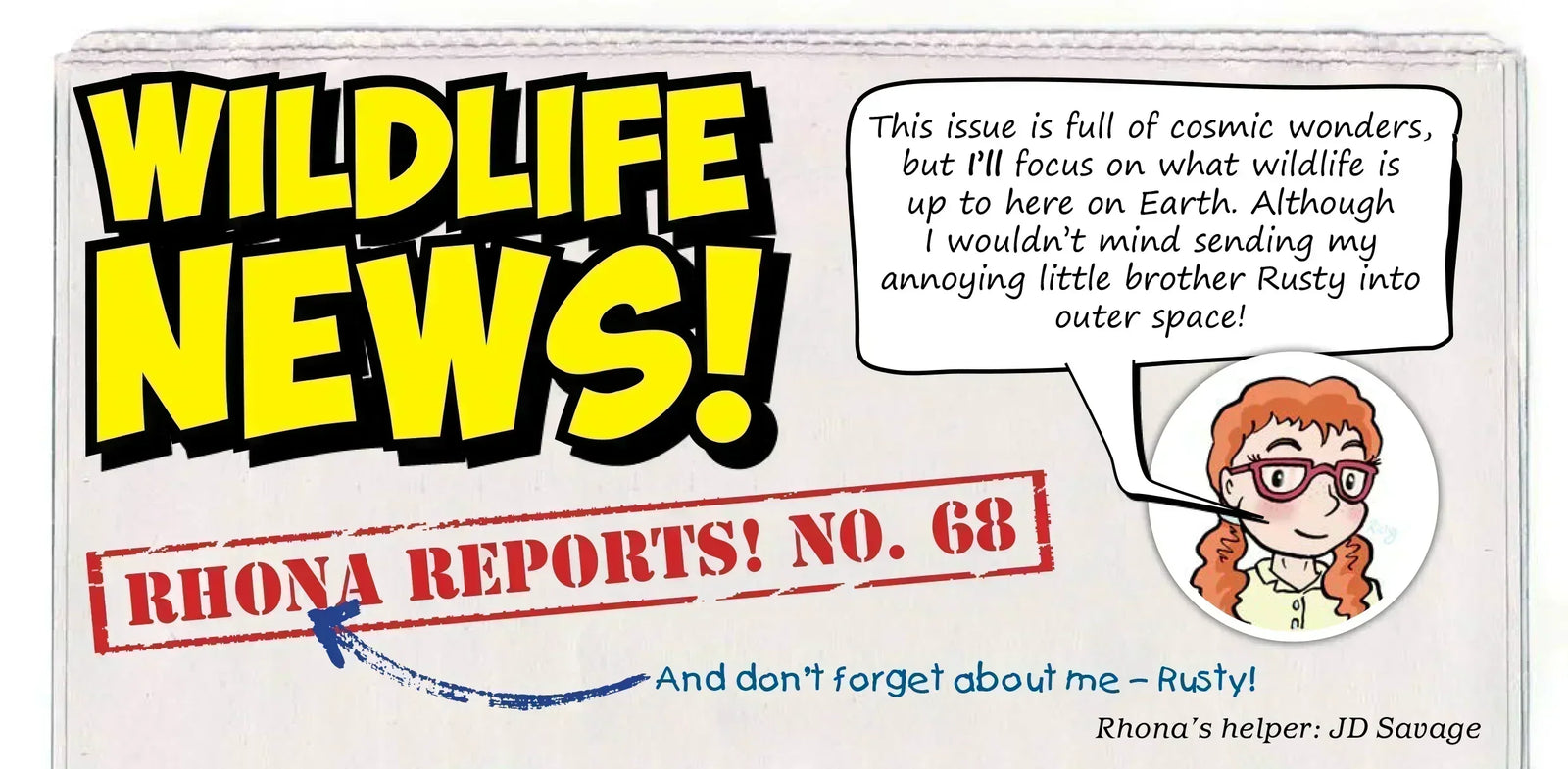Your Cart is Empty
Sue: In 1986, I had my first close encounter with orang-utans in the beautiful set-up of Gerald Durrell’s conservation project. It was absolutely captivating. For an hour and half, I watched young orang-utans swinging on a rope while their mum nursed the baby. In the next room, the daddy orang-utan was enjoying a lazy afternoon. It was just like a human home. Suddenly, the toddler slipped off the rope and landed on his mummy and the baby. Everyone screeched and the daddy fell off his perch, frightened! It was very comical and so humanised. It touched my heart.
Fifteen years and lots of research later, I decided to go to Borneo. “Please can I come and volunteer for you?” I wrote to the Sepilok sanctuary. They happily accepted and a few weeks later, I was on the plane!
Sepilok turned out to be a tiny operation, with only one house, one vet and one ranger. The orang-utans’ conditions were extremely sad – shut in cages with no space to move and play. The local government didn’t have enough money to help them. This is when I decided that I would build a playpen for those poor baby orang-utans.
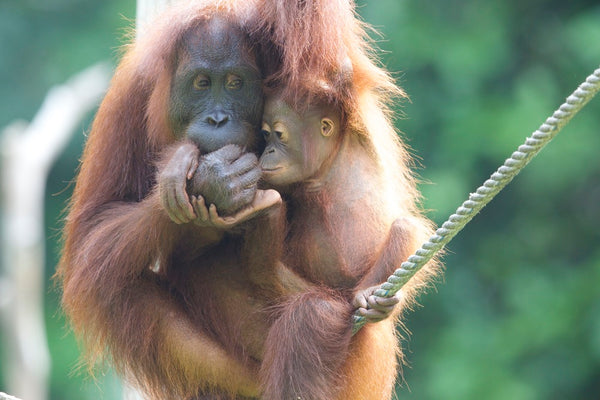
Sue: I came back to England and started raising money. After many visits to Chester Zoo and various organisations, I learned what it would take to build an enclosure, and raised £5,000. My next challenge was to get government permission to do local conservation work. As I planned my next trip and was still waiting for permission, I called the director at 2am (7am in Borneo). “My goodness, Sue!” said the director, “You never give up! I suppose I had better say you can do it.” And that was it; I was back in Borneo with two cage builders from Chester Zoo and two more people to help. Within a week, we had built an enclosure the size of a big room. The baby orang-utans went absolutely crazy when they finally got to play and swing there. It was fantastic!

Sue: A while ago, it was because of the forest clearing and pet trade. Today, baby orang-utans mainly come when they lose their mothers in a natural crisis. Sometimes, mothers get attacked by wild dogs or troops of cats, or get sick. Babies can’t survive on their own in the forest; it’s impossible. If there is a baby found in the forest, locals immediately call the centre: “We’ve got a baby! Can you get it?” And rangers travel for a day or two to get to the baby and bring it back.

Sue: Orang-utan babies are very similar to kids. They’re very clever and easy to teach. The main difference is that they can’t speak. But they can cry and make an awful noise to get what they want without speaking. Like children, they are reliant on their carers or mums. They learn to climb, not to walk. After the first few years at the nursery, when they’re three or four years old, they start going to the jungle gym with bigger climbing tools. We keep human contact to a minimum. The babies teach themselves, and the older ones teach the younger ones. As they get stronger and stronger, they climb higher and higher, swinging from tree to tree, bending trees. The gym is surrounded by the virgin rainforest. When young orang-utans get very proficient, they might choose not to come in at night, and stay out in the rainforest. Then they get scared and come back the day after. The apes gently introduce themselves to the wild, until one day, they don’t come back. They dictate when they’re ready to do it.
Sue: My favourite, who I was very close to, is Naru. He was the most beautiful baby. He came to the sanctuary as a rescue baby. He had malaria and was such a wimp – not feeling well, soaking, crying, not letting anyone close. But he let me touch him, and let me hold him. If he were ill, he would come and seek me out. One time, he hit his right eye and he came to me: “Look! Look! Help me! Help me! Take me! Take me!” He grew up into a beautiful, beautiful boy. He was released into the reserve when he was six. Every time I went to Borneo (I went there two or three times per year), a minute after I arrived at the reserve, he knew I was there (how?), and would turn up. Eventually, he moved further out to other reserves. I’m proud to be part of the return of this beautiful creature back to the forest. It’s so important.
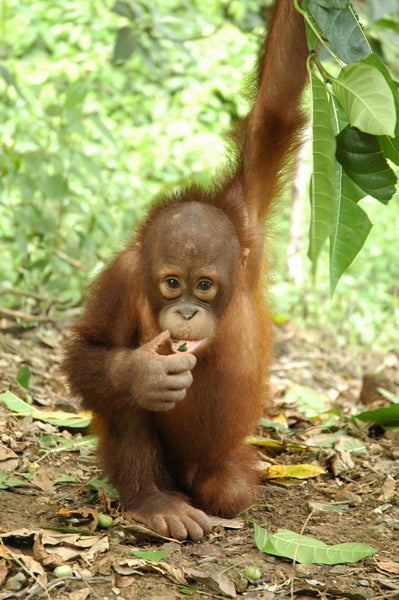
Sue: We’re running post-release monitoring projects. In the last three years, there have been four females released into the research project – and every one had babies. It’s such a success story: babies born in the wild to rehabilitated orang-utans!
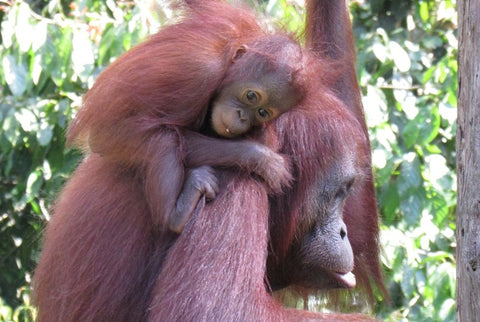
A big challenge is training the firefighters. We’re raising money for drones, which will detect from high up where the fires are starting. This is vital, because if you can spot and stop these little hot outsets, you can save the rainforest.
Sue: Children can help by learning more and getting their schools involved. They can go to our website, request information packs and introduce projects at school. The best way for us to help rescue the orang-utans is for everybody to know what a close cousin of us they are and how to help them.
Phone: +44 (0)1590 623443
Email: education@orangutan-appeal.org.uk
Comments will be approved before showing up.
What an incredible fleet of rockets you launched into our inbox this month! Each design showed a different way to turn everyday scraps into something extraordinary. Some rockets looked ready for deep-space exploration, others carried alien crews, and a few were so beautifully decorated they could ha...
Meet the winners of our New Zealand postage stamp competition and explore a gallery of brilliant children’s designs celebrating Aotearoa’s unique wildlife.
Here’s a sneak peek straight from our latest issue of Eco Kids Planet, Wonders Beyond Earth. Wildlife News is where Rhona and Rusty round up the wildest real-world stories from across the planet. Enjoy the read! 🌎 Amazing Photo Entries! The Wildlife Photographer of the Year team gave me a sneak...


